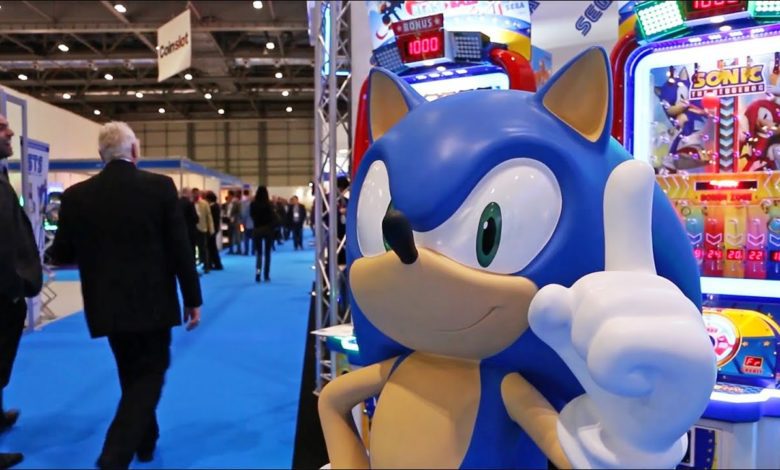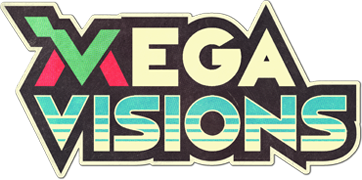
Kalinske: [SEGA] seem to have made the wrong decisions for 20 years
Former SEGA of America President and CEO Tom Kalinske had some pretty interesting things to say about his former company in speaking to GamesIndustry.biz while he was attending the DICE Summit recently.
It’s been pretty clear based on recent developments that SEGA has fallen on hard times, even dating back to the early 2000s, when the company cut support of the Dreamcast and became a third-party developer. Kalinske believes a string of bad choices has landed the company in its current predicament, but it didn’t have to be that way.
“It was not inevitable,” Kalinske said. “It could have been avoided if they had made the right decisions going back literally 20 years ago. But they seem to have made the wrong decisions for 20 years.”
“One of the key reasons why I left SEGA is when we had the opportunity to work with Sony, when [Sony Interactive CEO] Olaf Olafsson, [Sony Corporation of America president and CEO] Mickey Schulhof and I had agreed we were going to do one platform, share the development cost of it, share the probable loss for a couple years on it, but each benefit from the software we could bring to that platform,” he said.
 “Of course, in those days, we were much better at software than they were, so I saw this as a huge win,” he continued. “We went to Sony and they agreed, ‘Great idea.’ Whether we called it SEGA-Sony or Sony-SEGA, who cared? We go to SEGA, and the board turned it down, which I thought was the stupidest decision ever made in the history of business. And from that moment on, I didn’t feel they were capable of making the correct decisions in Japan any longer.”
“Of course, in those days, we were much better at software than they were, so I saw this as a huge win,” he continued. “We went to Sony and they agreed, ‘Great idea.’ Whether we called it SEGA-Sony or Sony-SEGA, who cared? We go to SEGA, and the board turned it down, which I thought was the stupidest decision ever made in the history of business. And from that moment on, I didn’t feel they were capable of making the correct decisions in Japan any longer.”
In an interesting turn of events during the interview, Kalinske explained that he hoped SEGA wouldn’t follow Atari’s path, where it essentially killed one of the strongest brand names in the video game industry. He continued by saying he and Atari Founder Nolan Bushnell actually tried to buy Atari back several years ago.
“And we failed in that effort, obviously,” Kalinske said. “It was maybe five years ago. We weren’t able to put it together. At the time it was owned by the French, and the French didn’t want to sell.”
 These days, Kalinske is the vice chairman at LeapFrog, where he’s focused on making educational games fun. He noted it’s a struggle he’s been dealing with ever since his days at SEGA with the Pico.
These days, Kalinske is the vice chairman at LeapFrog, where he’s focused on making educational games fun. He noted it’s a struggle he’s been dealing with ever since his days at SEGA with the Pico.
“We were doing the Pico, and Pico was a really good system for young kids,” Kalinske said. “And we were doing $100 million in business from the Pico and its software. But it had a lower gross margin on it than obviously, entertainment software. And this is again during that time when Japan was making decisions for me. And they said to me, ‘Stop wasting your time on that. It takes too much effort and too much money. You could just do another Sonic title and do a lot more revenue, a lot more profitably. It’s easier.'”
“And it struck me. That’s why Disney hasn’t been that good at education, or any of the other big entertainment companies, like Sony,” he said. “Because it’s hard. It’s really hard to make a profit off doing education well. It’s pretty easy, relatively, to do entertainment well.”

